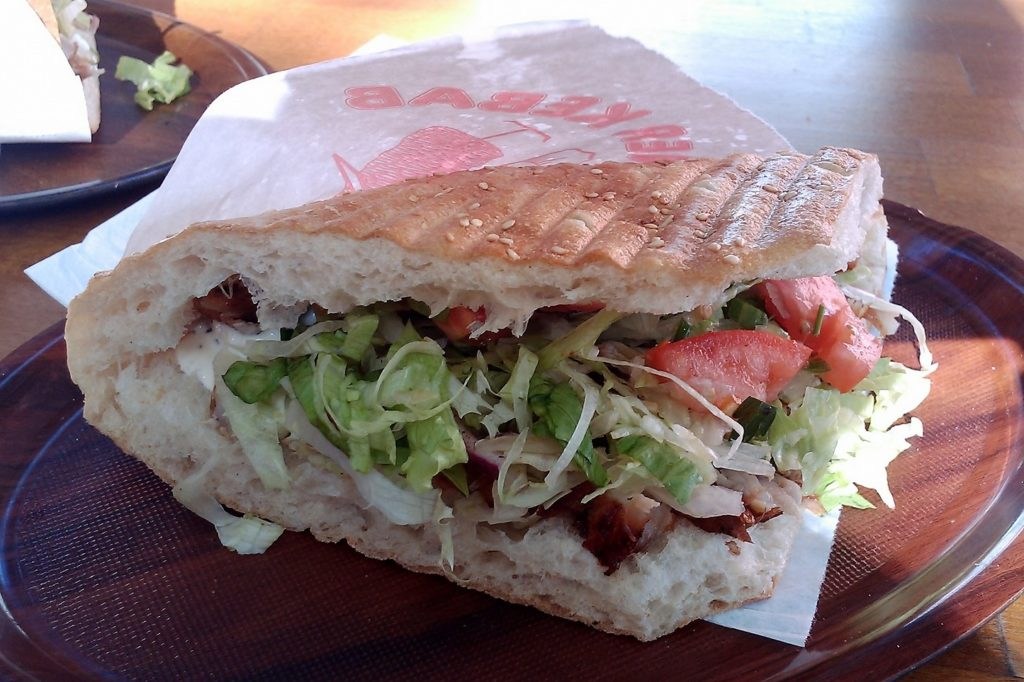A low-level outbreak of the Salmonella Virchow bacteria, which has been circulating around the EU, UK, and US since 2017, has been linked to local restaurants serving kebab meat, a Rapid Outbreak Assessment released by the European Centre for Disease Prevention and Control (ECDC) and the European Food Safety Authority (EFSA) concluded on Thursday.
210 cases of this type of salmonella bacteria have been detected in food from France (111), the Netherlands (34), UK (32), Germany (26), Ireland (4), Denmark (2), and the US (1).
Health investigators used case interviews, traceback investigation, and genome sequencing cluster analysis to conclude that kebab meat product containing contaminated chicken meat were the most likely vehicles of infection, and that this form of salmonella had been circulating in the EU poultry meat production chain in, at least, France, Germany, Ireland, and the Netherlands.
Sickening surprise
The salmonella bacteria cause severe illness in adults, and can prove deadly for children. Ingesting the bacteria can cause diarrhoea, fever, stomach cramps, and severe vomiting. People sick with the bacteria can be ill for up to a week. In children, there is often the need for hospitalisation.
The Salmonella Virchow ST16 variant is known to cause mild gastroenteritis in humans, but is particularly resistant to a range of commonly prescribed antimicrobial drugs, the ECDC noted.
“Although this is considered to be a low-intensity outbreak, there has been a rapid increase in cases since mid-2022. Since it has not been possible to establish a source yet, further infections are likely to occur,” warned a spokesperson from the ECDC.
Related News
- Nearly 80 tonnes of tuna seized by Belgium’s food safety agency
- Nestlé closes French factory hit by E. coli contaminated pizza
Among the interviewed cases of poisoning by this strain of salmonella, hospitalisation rates ranged from 16.7% in the UK, to 29.4% in France, and 38.5% in Germany. No deaths have been reported. The number of confirmed cases likely represents just a tiny proportion of all infections in the EU, due to the fact that not all countries have the capacity to sequence and track bacteria variants.
“ECDC encourages countries to sequence S. Virchow isolates from domestically acquired human infections and interview cases with S. Virchow ST16 infections,” said Johanna Takkinen, ECDC principal expert on food and waterborne diseases. “Investigations should be focused on the consumption of poultry meat and related products and be carried out in close collaboration with food safety authorities.”
Unfortunately, the ECDC expects that infections will continue until the source of the contamination in the European food supply chain is found. New control measures are planned by the ECDC, but these have yet to be announced.

